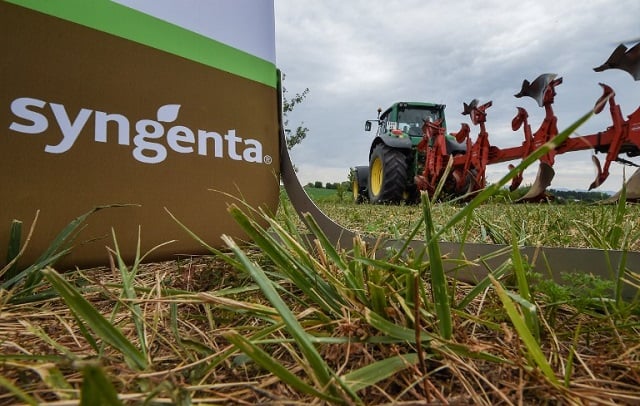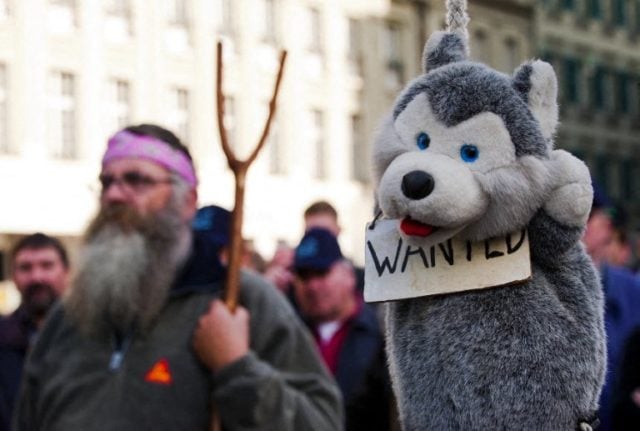The deal combines Syngenta, a global leader in seeds and crop protection, with ChemChina which controls Adama, the largest supplier of generic crop protection products in Europe.
It is part of a broader wave of consolidation in the agro-chemicals sector that has worried environmental activists and farmers. ChemChina – also known as China National Chemical Corp – made its offer for Syngenta in February 2016, but the takeover had to await the green light from regulators.
US and European Union authorities approved the deal in April despite growing resistance on both sides of the Atlantic to blockbuster takeovers by Chinese companies.
READ ALSO: Leaders ink new Chinese-Swiss deals
China itself has sought to rein in the foreign buying spree by its firms over concerns about capital flight and bad loans, reversing course after previously encouraging such ventures abroad.
ChemChina pledged to sell part of Adama's pesticide business and take other steps, to gain regulatory approval.
“All our stakeholders are benefiting from this change of ownership. Jobs have been safeguarded and farmers will continue to have a choice and enjoy the benefits of our investments in technology,” Syngenta vice chairman Michel Demare said in a statement on Tuesday.
Syngenta will remain a standalone company and the existing management team will continue to run it.
ChemChina chairman Ren Jianxin, who has been elected to head Syngenta's board of directors, said the Chinese company would support Syngenta's “growth, product offering and services”.



 Please whitelist us to continue reading.
Please whitelist us to continue reading.
Member comments